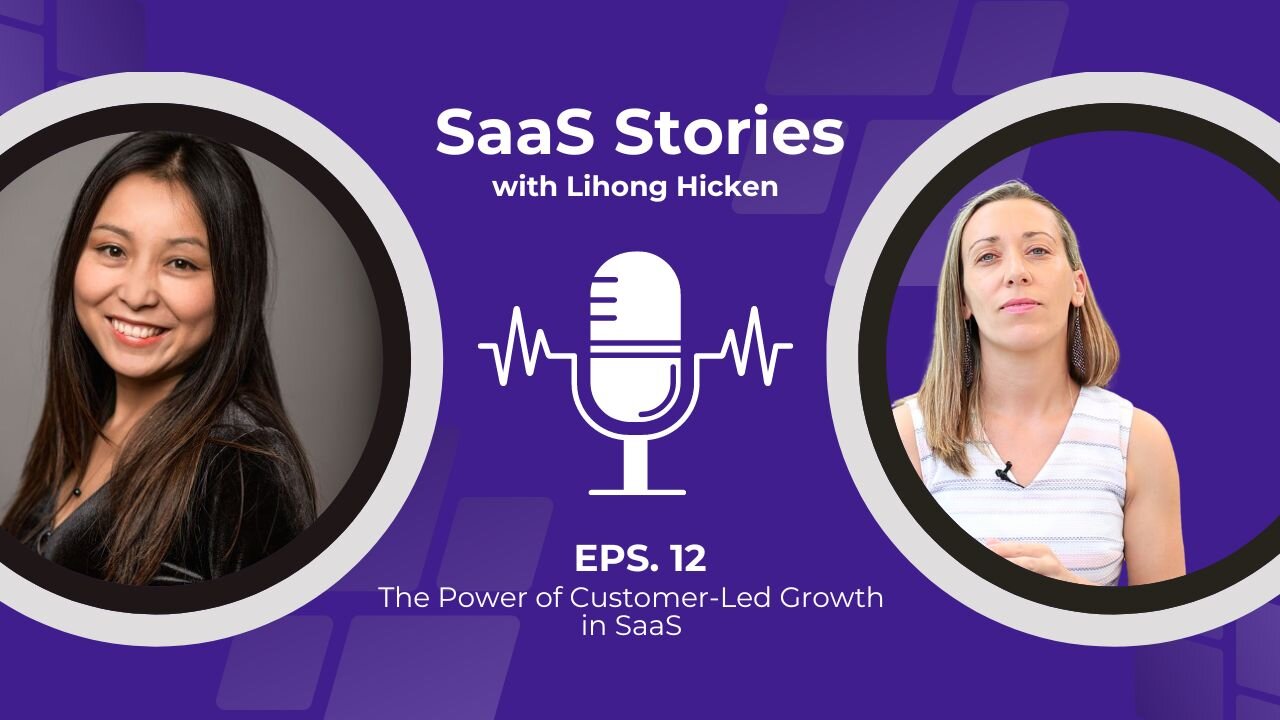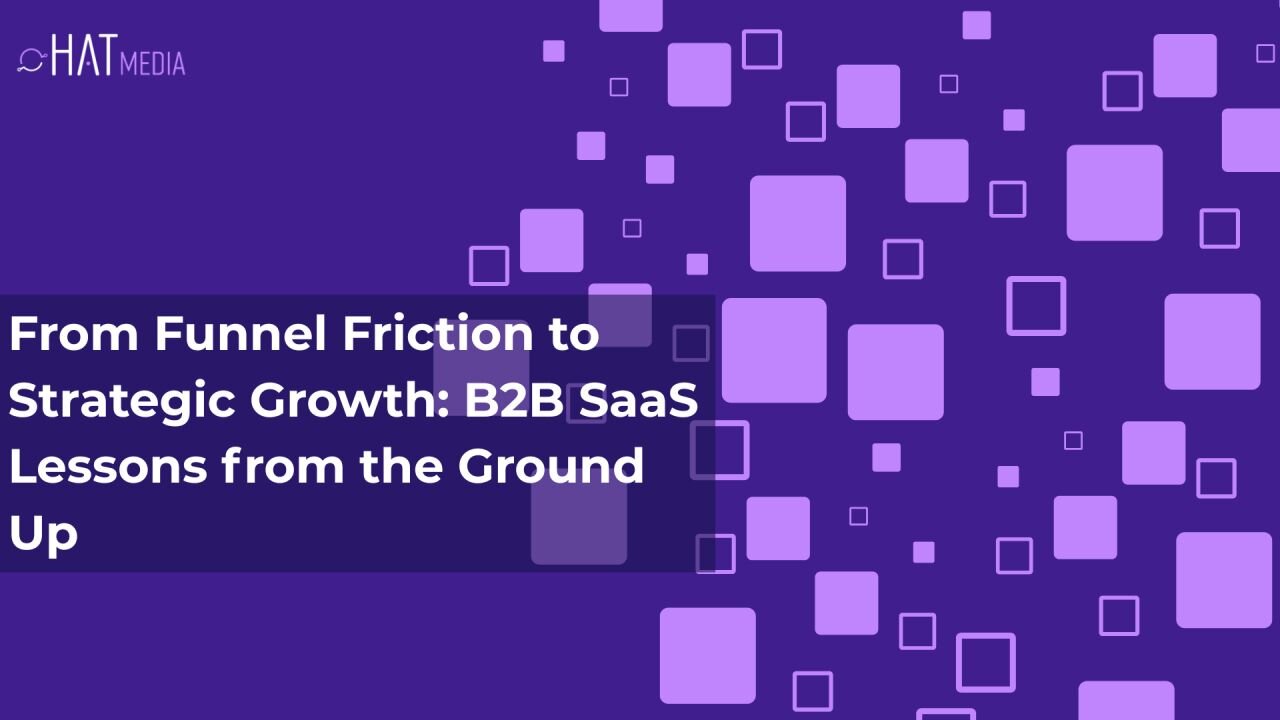The Strategic Advantage of Customer-Led Growth in SaaS

In B2B SaaS, companies that prioritise customer insights and implement robust success strategies consistently outshine their competitors. As the digital landscape evolves, there is a noticeable shift from traditional sales-driven methodologies towards strategies centered around customer-led growth and retention. This transformative approach was vividly highlighted in a recent episode of the "SaaS Stories" podcast, where we discussed with Lihong Hicken, CEO of TheySaid, the profound impact of customer-led growth on the SaaS industry.
Customer-Led Growth: A Paradigm Shift
Customer-led growth champions a strategy where decision-making is deeply informed by customer insights and interactions. This model prioritises customer feedback over traditional product-centric or sales-driven approaches, facilitating not only a stronger product-market fit but also fostering long-term customer loyalty and engagement.
Supporting this approach, research from Basma Ventures reveals that even a minor increase of 3% in Net Revenue Retention (NRR) can dramatically double a company's valuation. NRR not only measures the revenue retained from existing customers after accounting for churn but also upgrades and downgrades, underscoring the critical importance of nurturing and expanding existing customer relationships as a cornerstone of sustainable growth.
The Integration of Customer Insights in Marketing
Lihong Hicken's journey underscores the necessity of embedding customer insights into the operational framework of a SaaS enterprise. From her pioneering days in SaaS startups, she emphasised the essential role of educating the market about a new product category—a process that demands a deep understanding of customer needs and a commitment to addressing them effectively.
To thrive, companies must transition from presuming customer needs to actively soliciting and acting upon customer feedback. This can be achieved through various means such as direct dialogue, structured feedback loops, and sophisticated data analytics. By aligning marketing strategies with real customer usage and satisfaction data, businesses can more accurately address pain points and enhance their market offerings.
Elevating Customer Success in SaaS
The significance of customer success in the SaaS business model cannot be overstated, with industry leader Jason Lemkin asserting that "Customer success is where 90% of the revenue is." This philosophy highlights the imperative for SaaS companies to invest in robust customer success frameworks that ensure users not only achieve their goals with the product but also derive maximum value, leading to higher satisfaction and retention rates.
A successful customer success strategy encompasses:
- Effective Onboarding: Ensuring customers understand how to use the product right from the onset.
- Ongoing Engagement: Maintaining consistent communication to anticipate customer needs and refine service offerings accordingly.
- Proactive Support: Providing timely and effective solutions to maintain trust and satisfaction.
- Strategic Upselling and Cross-selling: Identifying opportunities to add value through relevant additional services or products.
Best Practices in B2B SaaS Marketing
- Data-Driven Insights: Utilise comprehensive customer data to inform and refine marketing decisions. This includes detailed analyses of customer behavior, feedback, and various success metrics.
- Personalisation at Scale: Craft marketing initiatives that resonate with different customer segments by tailoring communications and solutions to individual needs.
- Content as a Value Driver: Having a robust content marketing strategy for your B2B SaaS that is based of customer insights can help marketing & customer success teams to develop and distribute content that not only educates but also solves common industry-specific problems, positioning your brand as a thought leader.
- Technological Enablement: Employ advanced marketing automation and CRM technologies to streamline marketing efforts and maintain detailed, actionable records of customer interactions.

